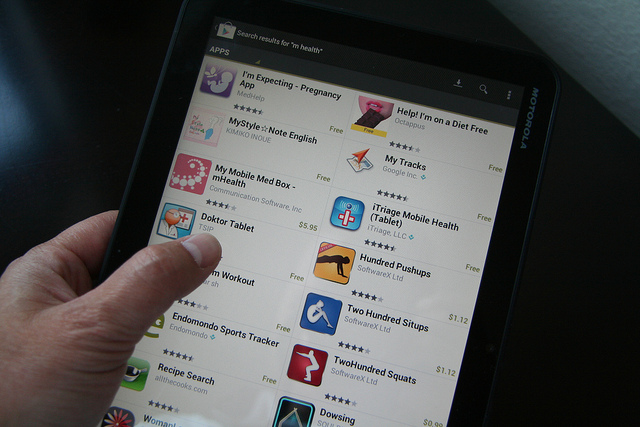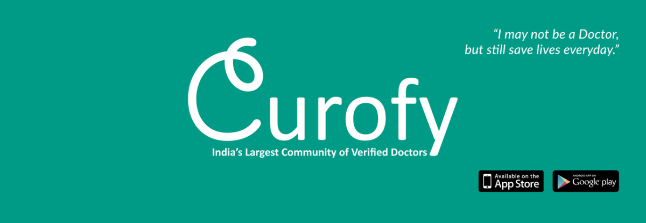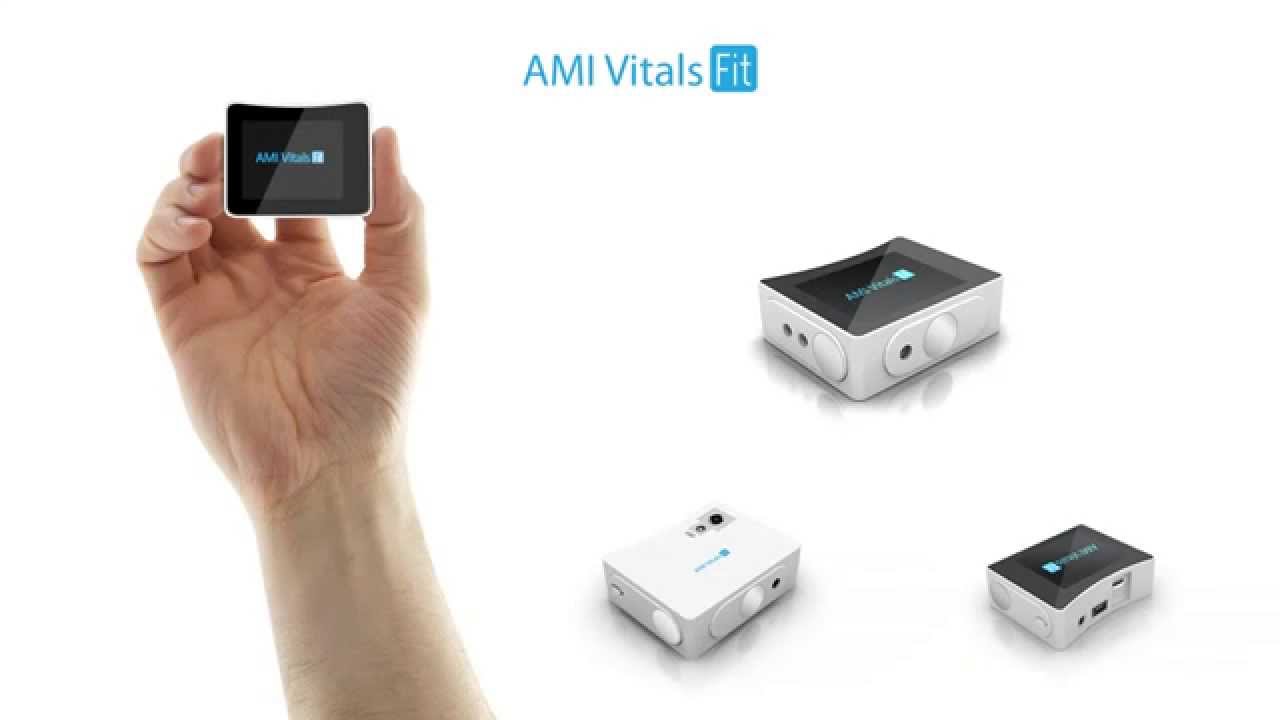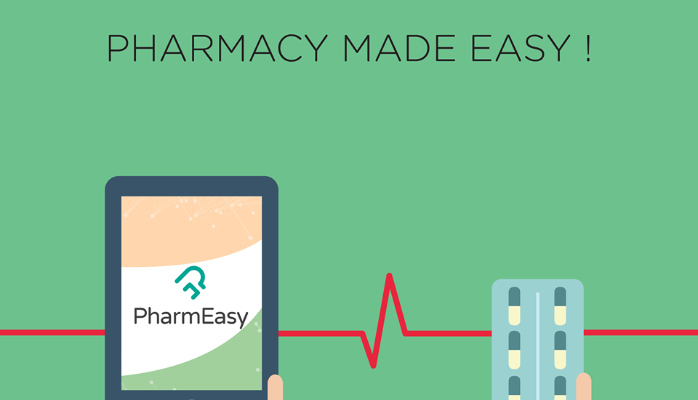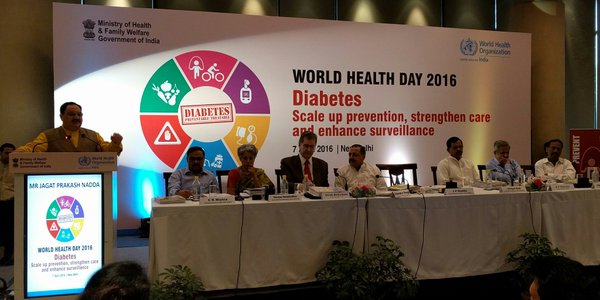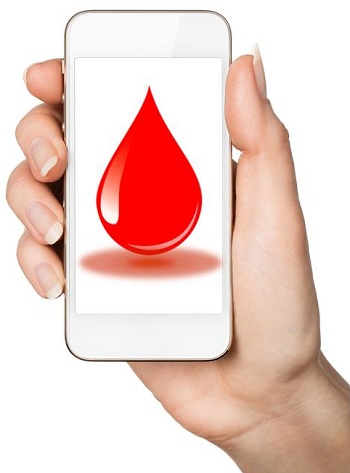Mobile phones may be a key weapon in the war against HIV and AIDS in Africa according to the UNAIDS chief. Mobile phone technology has a key role to play in a continent plagued by inadequate health centres and dilapidated infrastructure as this kind of epidemic cannot be beat with mere facility based approach. A major mobile telephone operator in Nigeria runs a toll-free call scheme that links callers to counsellors on HIV-AIDS concerns. The advantage is that the patients do not have to move from their places to the medical centres. Free communication and quality advice can be rendered on the phone. With basic intensive training and armed with mobile phones, local community or village workers could be a part of the health service delivery system.

For despite the resources poured in years into Sub-Saharan Africa to combat HIV-AIDS, the region remains the world’s most heavily affected, accounting for 67 percent of HIV infections, according to UNAIDS’ own figures. There is a need to have a community based approach and tapping on the non-conventional facilities. Africa, a continent with one of the highest numbers with access to cellular phones, should take advantage of the digital revolution to reach out widely. Nigeria has more than 70 million cellphone line subscribers: about one line for every two people. A pilot project using cellphones is underway in the Nigeria’s northern Kaduna State and southwestern Ondo State. Village workers who have barely been through secondary school, have been trained to identify symptoms of minor ailments.

They tour villages examining patients and use their mobile phones to call up trained medical workers at a major referral centre to get diagnosis and prescriptions dictated over the phone. Community health workers go out with a mobile phone connected to a central referral hospital, can take temperatures… and doctors at the referral units advise on drugs to administer as per Chief utive Director UNAIDS. Using all these types of approaches can help improve information systems and expand delivery by reaching the poor in the community. Despite prevention measures, which he said had helped avert 400,000 new infections in the past eight years on the continent, sub-Saharan Africa had the highest number of new infections in 2008. Most of those infected were sex workers, drug users and homosexual males. About three million Nigerians, or just under five percent of Africa’s most populous nation are infected with HIV.
Be a part of Elets Collaborative Initiatives. Join Us for Upcoming Events and explore business opportunities. Like us on Facebook , connect with us on LinkedIn and follow us on Twitter , Instagram.


